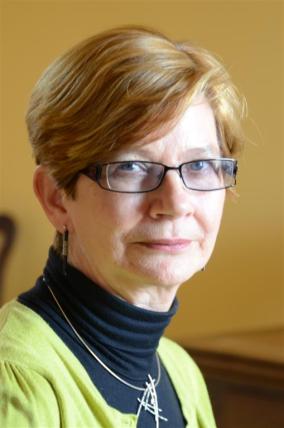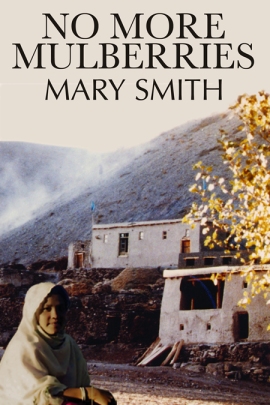
WagTongues authors Sam Smith, Sally Hinchcliffe, Mary Smith, David Mark Williams and Julie Cogbill, popped up at the Whitesands for Saturday’s Nithraid and In Our Town events.
The next WagTongues pop-up bookshop will join the Wigtown Book Festival in its own mini-festival of readings, talks, interviews and books.
Run by the Dumfries Writers’ Collective, WagTongues is a bookshop which pops up without warning across Dumfries and Galloway and over the border. Its remit is to sell precious things: local books by local writers, including poetry, fiction, memoir and history from Sally Hinchcliffe, Donald Adamson, Hugh Bryden, Mary Smith, D D Hall, Gwen Kirkwood, Margaret Elphinstone, Claire Cogbill, JoAnne McKay, Sara Bain, Kriss Nichol and Janet Walkinshaw.
Member Mary Smith, said: “WagTongues runs a programme of events whilst we’re open, so there’s the opportunity to meet authors, listen to readings, hear interviews and attend mini-workshops as well as browse through and buy wonderful books.
“We take books from any writer or publisher in the region and anyone who would like to join us should send an email wagtongues@aol.com”
The bookshop has this year enjoyed a successful festival run.
It was invited to be part of the Dumfries and Galloway Arts Festival in May when it held a two-day pop-up bookshop and mini literary festival in Castle Douglas.
On Saturday, WagTongues took advantage of another invitation by The Stove, Dumfries, where it popped-up during the Nithraid and In Our Town events. Its innovative literary venture, the Poet Is In, proved popular with the afternoon crowds.
Last year WagTongues appeared twice at the Wigtown Book Festival and at The Stove, Dumfries, during Scotland’s Book Week in November.
 Last week they moved across the Border for the first time to collaborate with the Carlisle Writers at the Borderlines Book Festival.
Last week they moved across the Border for the first time to collaborate with the Carlisle Writers at the Borderlines Book Festival.
WagTongues member Sally Hinchcliffe, said: “We’re really pleased to have been invited to take part in both Borderlines and Nithraid, two great up-and-coming events in the region, and a chance to build bridges both across borders and with different art forms.”
On Saturday, 27 September, WagTongues will be popping up in Wigtown during the Book Festival. The venue is the Quaker Meeting House and adjoining garden.
Poet and WagTongues member JoAnne McKay said: “It’s fantastic that WagTongues is popping-up three times during September, and each appearance has so far had a very different flavour.
“We’ll be quite contemplative at Wigtown, as the Quakers Meeting House has such a wonderful atmosphere.
“We would like to say a huge thanks to all the writers and publishers who come along and to everyone who volunteers to help out.
“We exist to promote local writing, and love doing it, even if it does mean a few sleepless nights!”
WagTongues takes no commission with the full price of sales going directly to the authors and the events will raise funds for Arthritis Care Scotland.
Further information from http://wagtongues.wordpress.com


